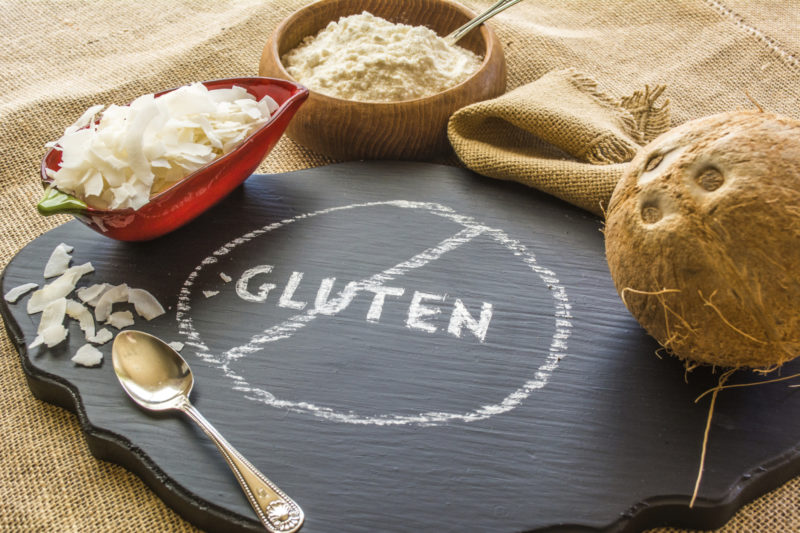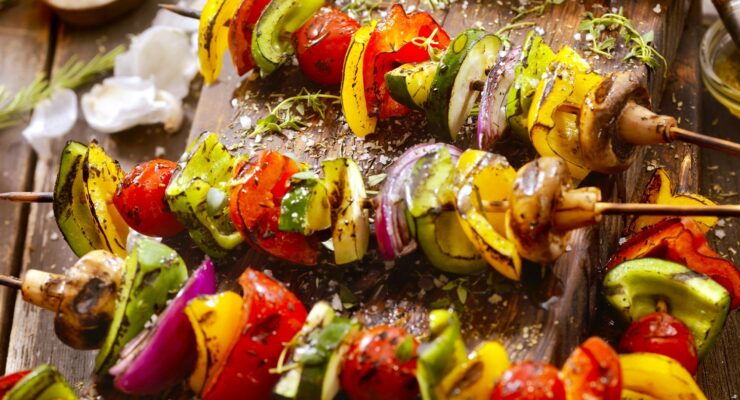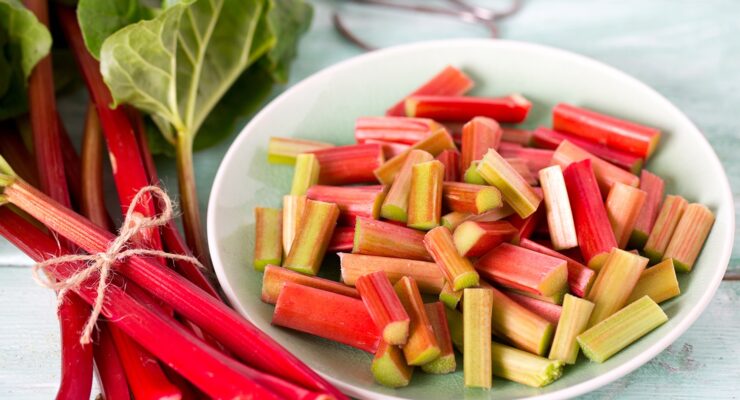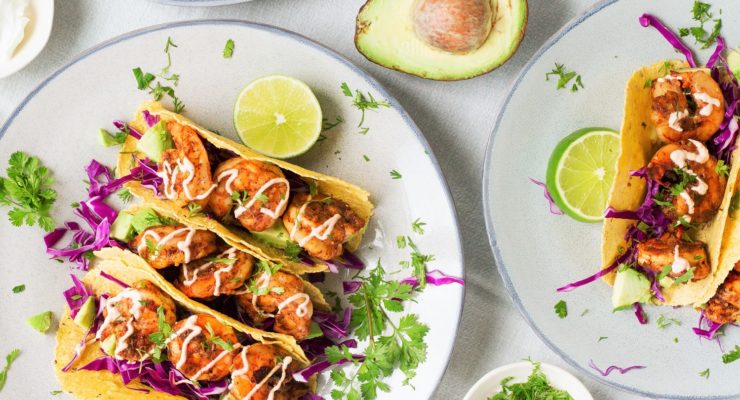5 Reasons You Don’t Need to be Gluten Free
Article posted in: Diet & Nutrition
It seems like you can’t have a simple conversation these days without someone telling you about their gluten-free diet. In fact, a consumer research firm has found that 30% of American adults have expressed interest in eating a diet devoid of gluten. But before you take the jump, be informed. Here are five reasons you don’t need to be gluten free—and one why you should.
1. Gluten isn’t poison. It’s actually a protein. It comes with many grains, including wheat, barley, and rye. Food manufacturers even use gluten to add protein to imitation meats for humans, as well as some pet foods.
2. Living gluten-free will not make you lose weight. For one thing, gluten doesn’t make you fat. Remember, it’s just a protein. And eliminating gluten can actually make you hungrier—see no. 3, below.
3. A gluten-free diet isn’t more nutritious. In fact, gluten-free products tend to be less nutrient-dense. You know that whole grains are good for you. Gluten-free flour and store-bought GF goods use substitutes like rice and tapioca, which are lower in vitamins and protein. Result: your body wants to replace the nutrients you’re giving up with a GF diet, which makes you hungrier and want to eat more.
4. Gluten makes baked goods, pasta and beer taste way better. Gluten is Latin for “glue.” This may not make your mouth water, but without it, bakers have a hard time making perfect pasta, bread, and cakes. That’s because gluten’s gluey nature traps the carbon dioxide bubbles that give pasta and bread just the right amount of chewiness or fluffiness. As for beer, yeah. Almost all beers are off-limits in a gluten-free diet.
5. A strict gluten-free diet is a real pain to maintain. Especially when you eat out. Most soups are off limits, because they contain gluten. Most sauces, too: chefs like to make them with a roux, which contains flour. While more and more restaurants offer gluten-free options, you’ll often find yourself paying full price for a regular entrée minus the stuff you can’t eat.
But…
If you think gluten is making you sick—with bloating, stomach cramps, diarrhea, or vomiting—ask your doctor for a test to see if you have celiac disease, an autoimmune disorder. Odds are, you don’t. Researchers say that celiacs comprise less than one percent of the population. Only a biopsy can tell for sure whether you’re one of those special people. If you are, then definitely go gluten-free; your risk of intestinal cancer is significantly higher. The good news is, a GF diet can lower that risk. A few doctors think that some people suffer from non-celiac gluten sensitivity, which means their immune systems react to the protein. There’s not a lot of research evidence for this, though. And then there are those eaters who have trouble digesting wheat, which is the hardest grain for humans to process. If you think you’re one of those, and your doctor says you’re not a celiac, simply cut back on wheat.
In short, follow your doctor and science, not the latest food fad. You’ll eat better, and weigh less.






